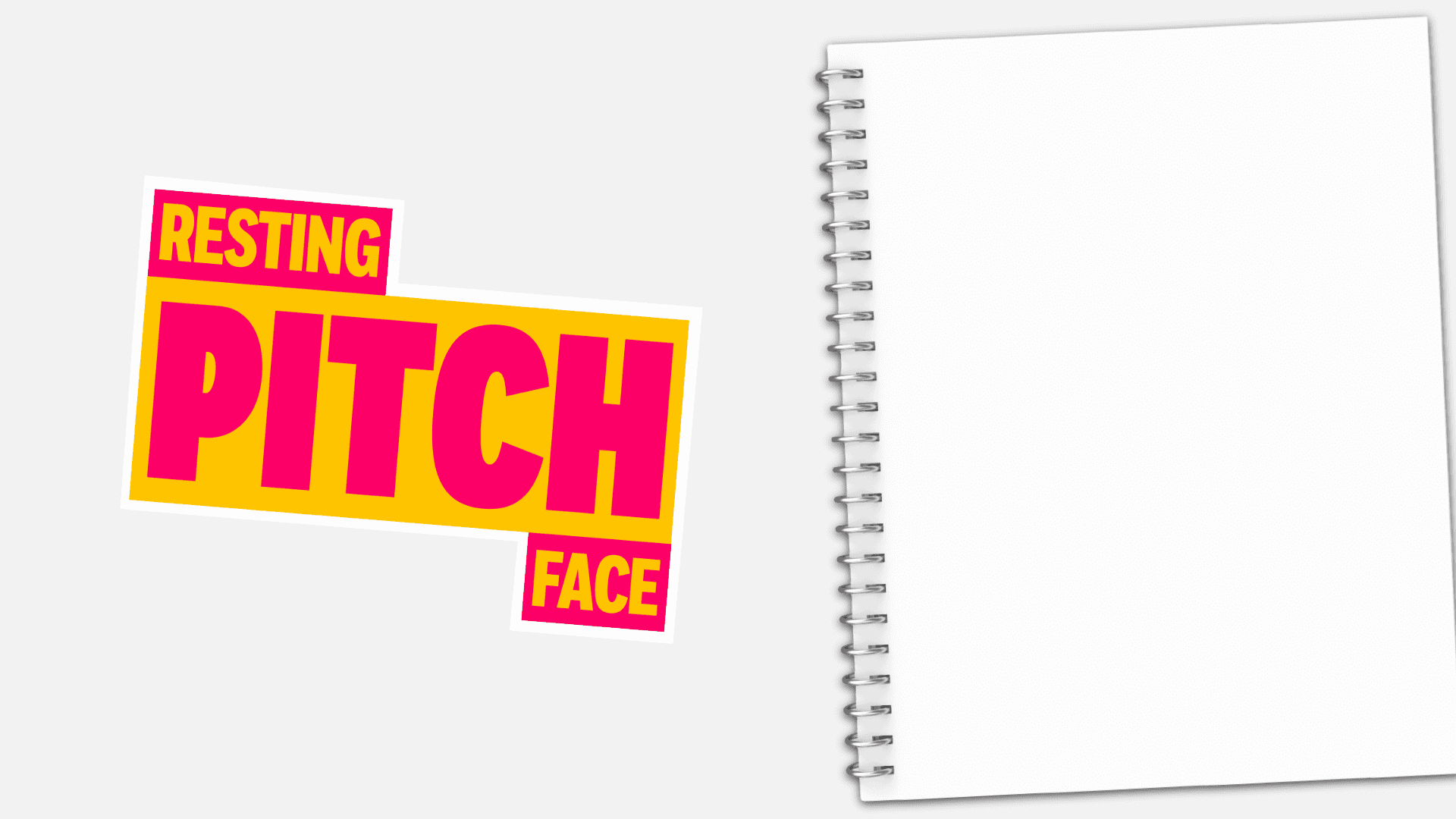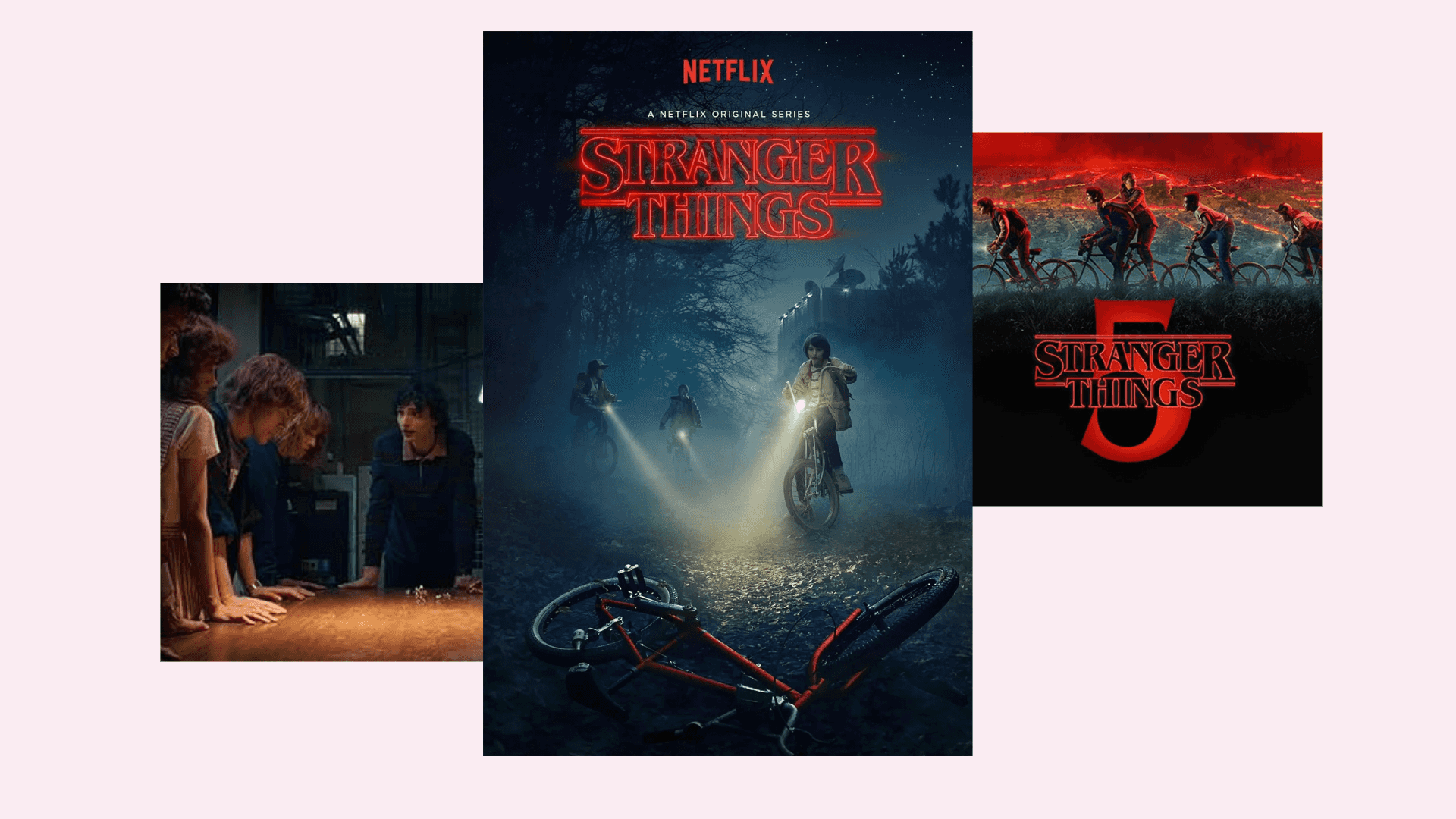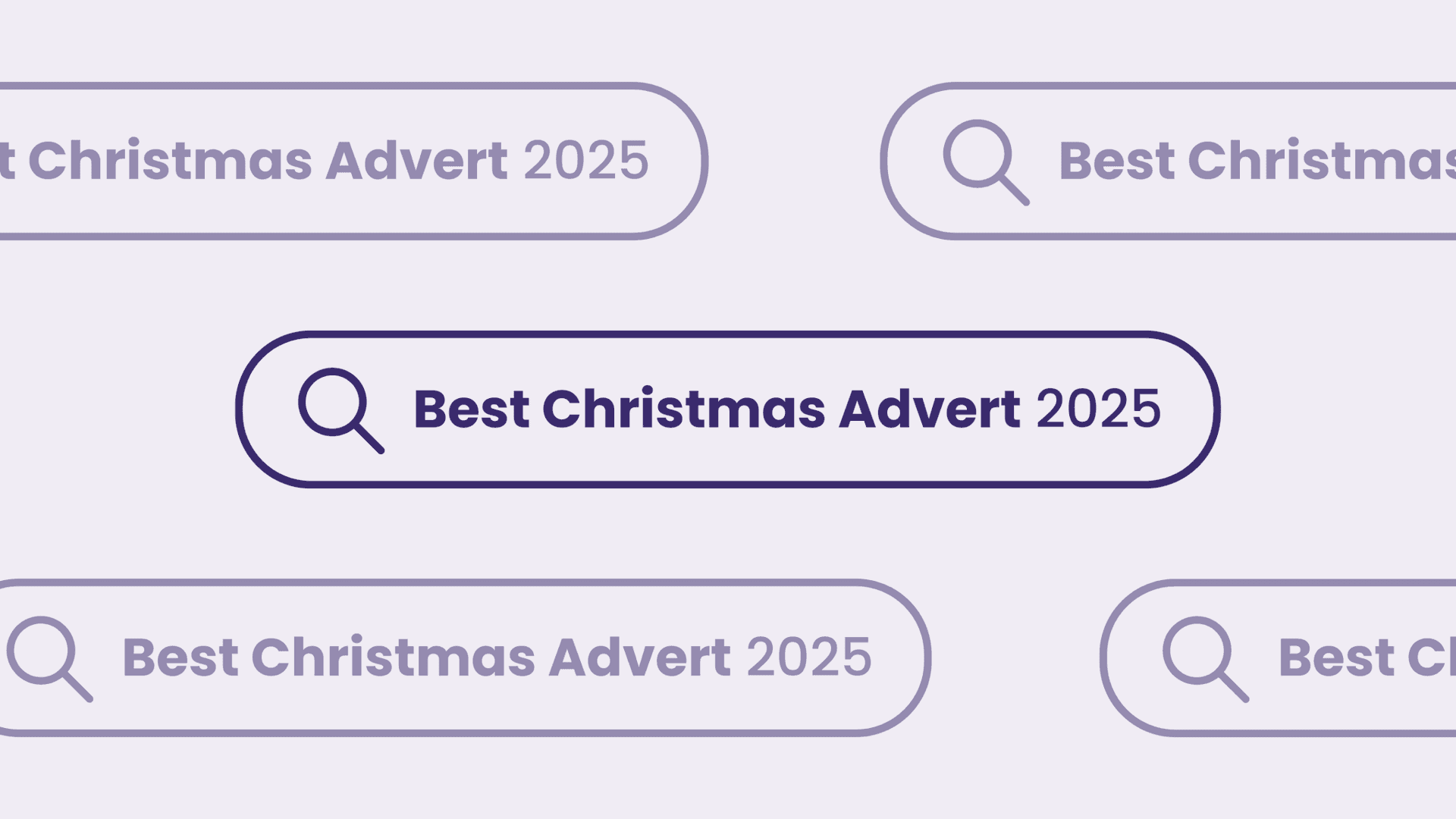
Snapchat Launches The ‘Snap Store’
Written by Daniel
Following Snapchat’s announcement of its new ‘Snap Store’, the Flaunt Digital team discuss what this could mean for the future of the platform. Don’t forget to subscribe to our YouTube channel for all the latest episodes of Industry Spotlight.
See below for a full video transcription.
VIDEO TRANSCRIPTION
Chris: So the third topic we’re going to talk about is the Snapchat in-app shopping section. So, they’ve not done a massive amount to monetize Snapchat so far, other than the standard stories ads and things like that. But now they’ve opened their own in-app store, which I think generally just focuses on their own merchandise, from what I’ve read.
Lee: Yeah. There’s cool products, like hot dogs and things like that.
Jamie: I think there’s a lot of reading between the lines here because, I mean, if you look at it like this article outlines it on Marketing Land they just want to flog their own stuff in the app, but there’s more to it than that. I think they might be, sort of, testing the payment gateways, testing the payment flow, and sooner or later, you’ll be able to buy other people’s stuff through there. So, I don’t think they’re just going to be selling their own stuff forever because who’s going to want to buy that?
Chris: It’s not a long-term commercial model, is it? They’re testing something to find out whether, I think, people are in the right mindset on Snapchat to be able to shop, and then they’ll be working with bigger partnerships, I think, further down the line to figure out they can monetize it a little bit more. But I don’t think they’ll do much in terms of sales, if I’m being completely honest.
Jamie: Well, look at the spectacles debacle.
Lee: I suspect that every brand that’s viable that used Discover or tested Discover will have a store at some point.
Jamie: And the Twitter ads, you can buy products directly through the Twitter ads, can’t you? I think they partnered with Stripe or another similar payment provider. So it could end up like that, couldn’t it? Once they’ve got everyone’s card details and they’ve tested the payment flows out and stuff and sold a small volume of their own gear, then they’ll have a little bit more confidence going to market. Something like that.
Chris: Yeah, well, Facebook do it as well for, like, events and stuff like that with the in-app purchases. So, I think it’s just their response to all that in a way. It’s a bit of an unusual way to go about it, if I’m being honest, selling your own merchandise, but…
Lee: I think that’s a thin front. I think they’re testing it, they’re going to get everything in play, and then any brand with a demographic of 14 to 25 they’ll just hammer them and sell them a store.
Chris: There’s going to be a lot of young products in it.
Jamie: I thought the location point that Marketing Land raised was really interesting, too. So, they’re saying that they can get the credit card details and the address of people, and they can do location-based ads off the back of that. So, if you don’t give them your GPS details or whatever, they’ve got your address from…so you submit a payment, they could use that so that the marketers use it to target people.
Chris: It’s not exactly new, you know, on the frontier of the technology. Facebook’s been doing that for quite a long time, really. But, yeah, they’re quite a bit behind in that.
Jamie: Yeah, Snapchat, never asks you for much stuff when you sign up. You know, you put your email address and your phone number, and there’s not a lot else, really, other than 100 million photos of yourself, but.
Chris: Yeah. Well, if you consider you can pretty much go down to street level on Facebook targeting. So.
Jamie: Yeah, but does that rely on your GPS, or is that from your…
Chris: It’s from your physical address details.
Jamie: Yeah, I wonder if you sort of blocked…
Chris: You know for like remarketing, stuff like that. So, if you’ve got a list of your details, like your shipping details and all that kind of thing, you can plug that into Facebook.
Jamie: Yeah, but I wonder if that relies on the user’s GPS on the phone being enabled and reporting back to Facebook exactly where you are.
Chris: Oh, right. Yeah.
Jamie: So, say you’ve got that disabled, Snapchat are obviously going to get some actual addresses out of people, regardless of your GPS data.
Lee: If I were Snapchat, I’d be going to DJ Khaled and saying, “Right, we’re going to partner you with K-Swiss. We’re going to create a popup store in New York. You’re going to do a filter that’s a New York-based saying “I’m in Central Park. Come and get 500 pairs of K-Swiss.” Buy them through Snapchat. There and then.” Yeah, that’s pretty much how I see it popping off. I don’t think they’re going to be able to really leverage it much more than that.
Jamie: Yep. And if they want to sell their own spectacles again, I mean, did you see how they tried to sell them last time? They just put their, like, vending machines up in random places. I saw one at British Summer Time Festival.
Chris: Did you?
Jamie: Yeah, it was just a yellow box. It didn’t even have to say “Snapchat” on it. And then there’s just a card machine on it. And you’ve got to queue up to get them, but no one knew what it was. It was just a yellow box, like an inconspicuous box, and you put your card in, you pay 100-and-something quid, and then a pair of glasses just fall out the bottom. It’s all cryptic. They didn’t sell very many.
Chris: I reckon anybody above the age of, like, 30 wouldn’t have even made that association would they.
Jamie: It was literally me in the whole thing that knew what this vending machine was. And I went up to it, like I’d never seen one.
Lee: Does it have a ghost on it?
Jamie: I think it was basically just yellow and white. I don’t know if it had a ghost on it. It probably did. But it didn’t have anything more on it other than a card slot and a price label. I think that was pretty much it.
Chris: Yeah, I think they’re thinking they’ve got the brand equity and recognition of Nike there.
Lee: That’s a bit ballsy that isn’t it.
Chris: Yeah, like I said, it’s only going to appeal to a certain demographic there, isn’t it, really?
Jamie: Yeah. They don’t mind doing the weird marketing tactics though, do they? I guess they might’ve been better off partnering with Apple stores or something, physical stores, ushered them in there.
Lee: They should’ve just sold it to Facebook
Jamie: Yeah, sell the whole company to Facebook.
Chris: How much is it worth now?
Lee: I don’t know. It’s a bit rocky. I mean, Facebook offered them $5 billion when they were first conceived.
Jamie: That’s a lot of money.
Lee: And they turned it down. Maybe that is reflected in this giant yellow box.
Jamie: Yeah, well, Facebook hasn’t had a go at, sort of, brick and mortar or anything, I suppose.
Lee: Well, Facebook has got Marketplace on there. That’s their, sort of, foray into e-com.
Jamie: Have they sold their own gadgets yet? I don’t think they have to the public.
Chris: I don’t remember any record of it, no. Not really. I don’t like Marketplace, though. It looks a bit cheap, and it makes it feel really, sort of, bootsaley. I know that’s what it is and that’s the intention of it.
Lee: I think it’s Craigslist in Facebook.
Jamie: I don’t think Snapchat will turn into that. It’d be too weird. Snapchat’s not a store thing. Because that’s what Marketing Land says in there, is that it might be more of a Facebook Marketplace competitor. But it seems a bit weird, that, to me.
Lee: We shall see. Interesting.





